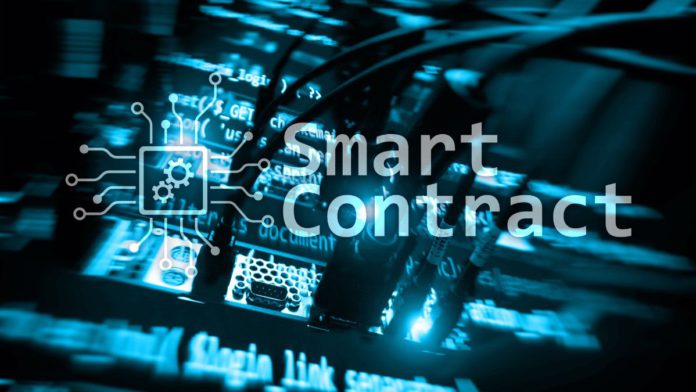The smart contract sector is growing at an unprecedented pace. As of 24 January 2024, Cardano alone has reported 24,050 smart contracts, marking a 67% increase since the beginning of the year. But this is just a fraction of the global count. In 2022, Ethereum, one of the leading platforms for smart contracts, witnessed a 293% surge in the deployment of these contracts, with a remarkable total of 4.6 million deployed in the fourth quarter alone.
While these numbers are impressive, they also unveil the risk of smart contracts getting compromised. With millions of contracts in play, the potential for vulnerabilities and exploits multiplies.
Recognizing this, the industry understands that while there are various methods of smart contract auditing, there is an urgent need for new, innovative approaches to ensure the integrity and security of these digital agreements.
When Traditional Auditing Falls Short
Conventional methods of smart contract auditing primarily focus on code review and testing. Auditors analyze the smart contract code for security flaws, vulnerabilities, and logic errors. This process often involves both automated tools and manual inspection to ensure thoroughness.
However, as smart contracts become more complex and sophisticated, the limitations of traditional auditing methods become apparent. They may not always catch subtle logic errors or unforeseen interactions between contracts, especially in a rapidly evolving landscape where new attack vectors emerge continually.
An incident that highlights this is the hack on Hundred Finance. The attack resulted in a loss of approximately $7.4 million due to a flaw in their smart contract logic that allowed the attacker to manipulate the token’s price.
Emphasizing the importance of up-to-the-mark auditing, Abhishek Singh, Co-Founder and CEO of SecureDApp, says, “Smart contract issues go way beyond mere coding mistakes. It’s really about getting a grip on the intricate dance of interactions happening within the blockchain world. The old-school ways of auditing just don’t cut it anymore. We’ve got to step up our game and adapt to these tricky complexities.”
Furthermore, various types of vulnerabilities are commonly found in smart contracts, such as reentrancy attacks, oracle manipulation, and gas griefing. And each type requires a unique approach to mitigation and prevention, demonstrating the multifaceted nature of smart contract security challenges.
Reinventing Smart Contract Auditing
While the complexities of smart contract auditing present significant challenges, the integration of artificial intelligence (AI) is paving the way for more robust solutions. AI enhances smart contract auditing through static analysis, machine learning for vulnerability detection, and natural language processing for auditing reports. This AI-driven approach promises increased efficiency, accuracy, and scalability.
For example, the AI division at OpenZeppelin has developed a specialized machine learning model specifically designed to identify reentrancy attacks. These types of attacks are a prevalent form of exploitation in the blockchain environment, typically happening when a smart contract initiates external calls to other contracts.
SecureDApp is another player in the blockchain security space that is working towards offering reliable smart contract auditing solutions. Its AI-powered engine, Solidity Shield, is capable of identifying and reporting security vulnerabilities in smart contracts. In addition, it also provides comprehensive and easy-to-understand reports that help developers understand the security risks in their smart contracts and take steps to mitigate those risks.
Additionally, companies like LCX and Prolitus, are actively working with AI to enhance smart contract auditing capabilities. LCX, for instance, leverages AI for static and dynamic analysis, while Prolitus focuses on overcoming challenges like data quality and algorithm transparency in AI-enabled smart contract development.
Securing the Future of Web3
As the curtain closes on our exploration of smart contract auditing, it’s clear that AI’s role in this realm is set to fundamentally redefine how the Web3 industry approaches security. As Mrinal Manohar, CEO and co-founder of Casper Labs says, “We’re starting to see the convergence of two groundbreaking technologies—AI and blockchain—unlock new opportunities for operational transparency, efficiency, and security.”
This technological synergy compels companies to think critically about their smart contract security. The future of blockchain and AI isn’t just about advanced algorithms or decentralized ledgers; it’s about creating a resilient, transparent, and trustworthy digital ecosystem.


